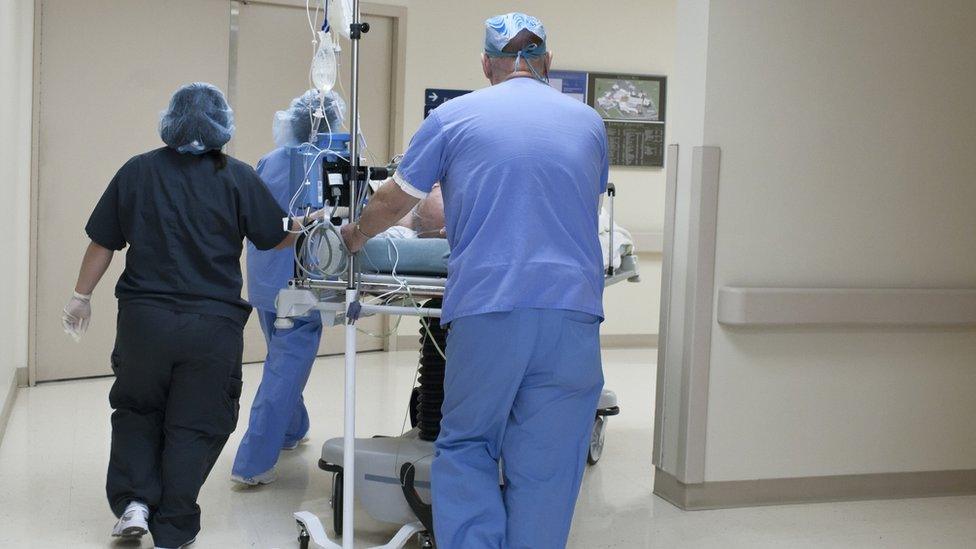NHS Scotland will remain free at point of need - Michael Matheson
- Published
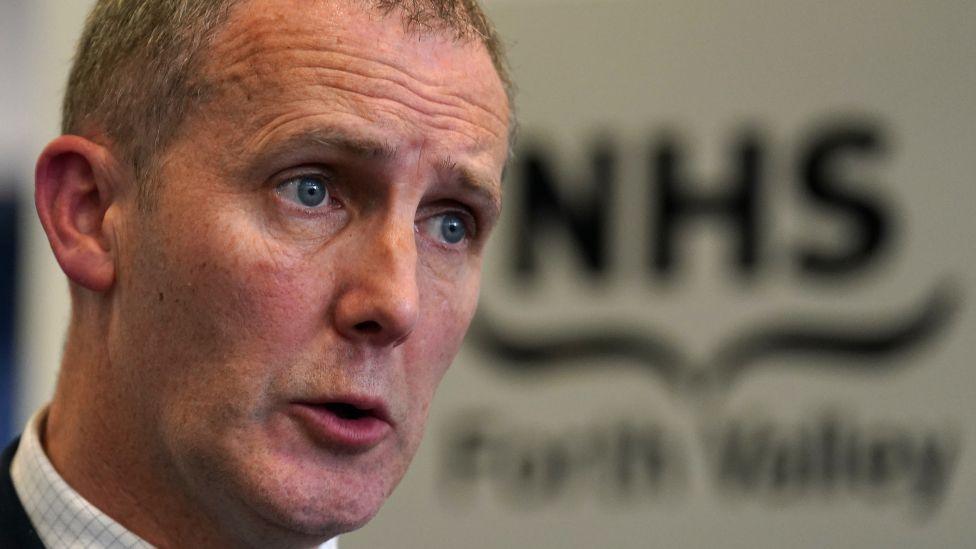
Health Secretary Michael Matheson says he is focused on his job following an expense scandal
Scotland's health secretary has dismissed suggestions patients may have to pay for some NHS care in the future.
Michael Matheson said reform was needed but insisted the health service should stick to its founding principle of being free at the point of delivery.
It came after the former head of NHS Scotland called for a debate about private sector involvement.
A senior medic also warned the health service would not last until its 100th anniversary in 2048 without a rethink.
Mr Matheson said the 10-year plan to ensure the NHS is sustainable would involve more investment in community health care services.
He also dismissed suggestions that he should resign following a row about an £11,000 data roaming bill charged to his parliamentary iPad.
Speaking to BBC Scotland News, he accepted that the health service would have to reform.
He said much more primary care - like that provided by GP surgeries - would be required, instead of referrals to specialist secondary care providers. He continued: "We are also going to have to look at how we manage social care much more effectively."
The measures - including modernising treatments and utilising technology - would form part of a "wider reform package" for health and social care.
The minister added: "We are very clear about the principle of access to free health care, it is a principle that the Scottish government is very much committed to and I don't intend to change that."
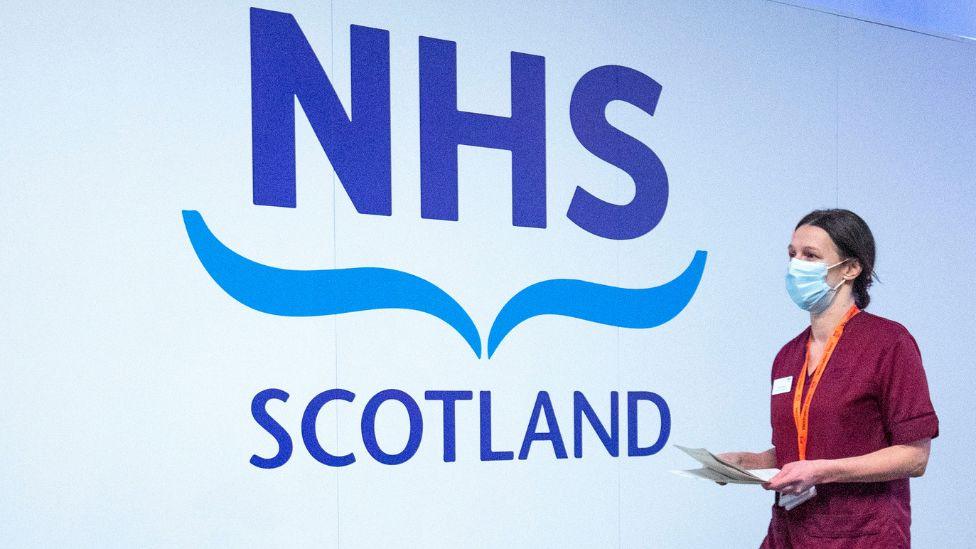
The health secretary said: "I am determined to make sure we have healthcare system that is sustainable that is effective that provides the high quality of care that people expect in the years ahead and I intend to set that vision out in the new year."
Like other parts of the UK, Scotland is experiencing record waits for those who need treatment as well as significant challenges with staffing.
The latest Public Health Scotland figures, external showed the number of patients on NHS waiting lists hit another record high this autumn.
Prof Paul Gray, the former head of the NHS in Scotland, said the service was "unsustainable" in its current form.
His views were echoed by Prof Andrew Elder, the president of the Royal College of Physicians of Edinburgh, who called for a "national conversation with the public" on the priorities that the NHS should focus on.
Dr Iain Kennedy, chairman of the British Medical Association in Scotland, backed that call, adding: "Otherwise I predict Scotland's NHS will not last until it is 100 years old."
He told BBC Radio's Good Morning Scotland: "We have waiting times problems, waiting list problems, and they are only getting worse.
"The demand for health care is increasing, as we all knew it would due to the ageing population, and we have simply failed to plan for the workforce that is needed."
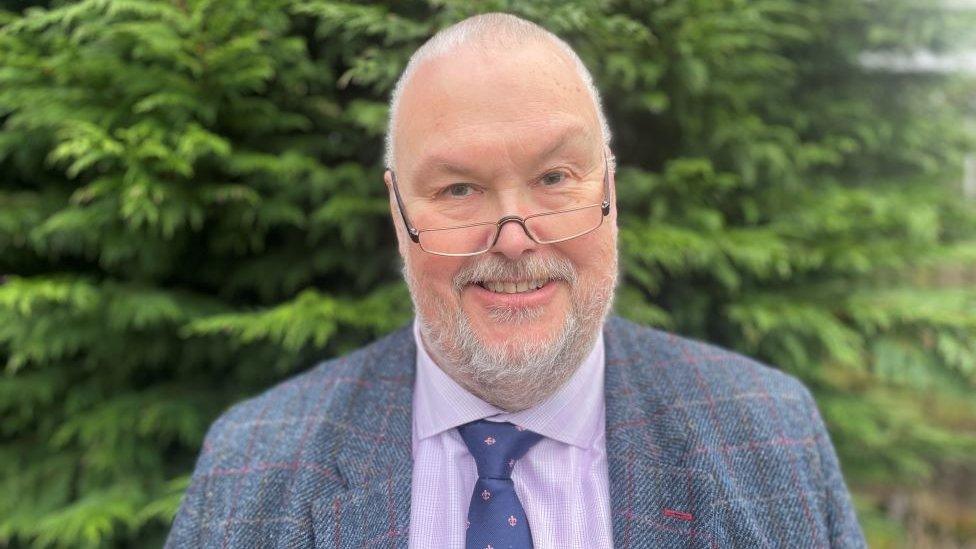
Paul Gray was chief executive of NHS Scotland from 2013 to 2019.
Last year, BBC Scotland News reported that NHS leaders in Scotland had discussed the possibility of having the wealthy pay for treatment, with an official document referring to a "two-tier" health service.
The trade union, Unison, has argued against privatisation in public healthcare. It insisted the NHS was "in a parlous state" due to poor workforce planning and a lack of funding, not structural failings.
Wilma Brown, chairwoman of Unison Scotland's health committee, said "those promoting private medicine" were choosing "to put the poor at the back of the queue".
She added: "Low taxes and properly funded public services are pretty much mutually exclusive. The debate we need is far more about resourcing than structure."
Prof Gray first described the NHS in Scotland as "not sustainable in its present form" in an article last month for The Herald newspaper, external and Reform Scotland, which describes itself as a non-partisan independent think tank.
Related topics
- Published28 November 2023
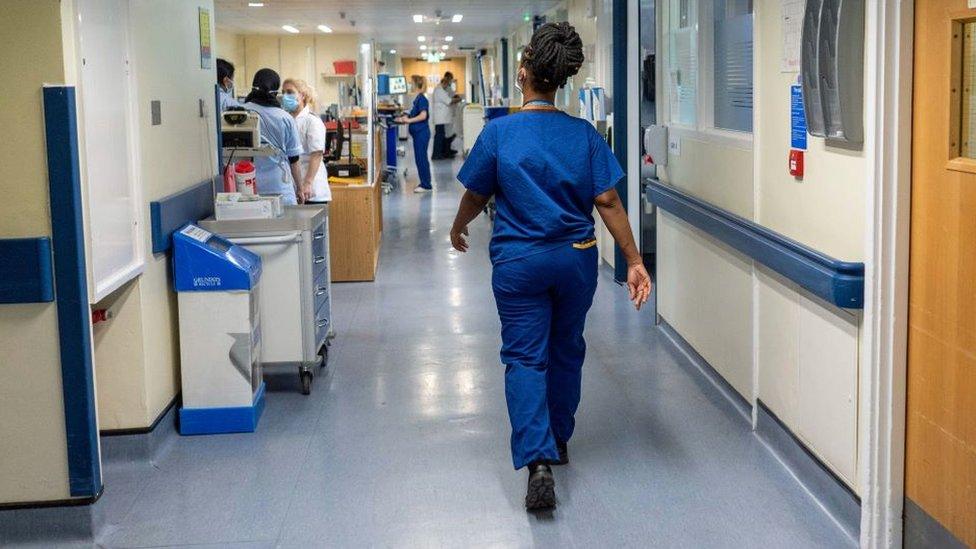
- Published28 December 2022
